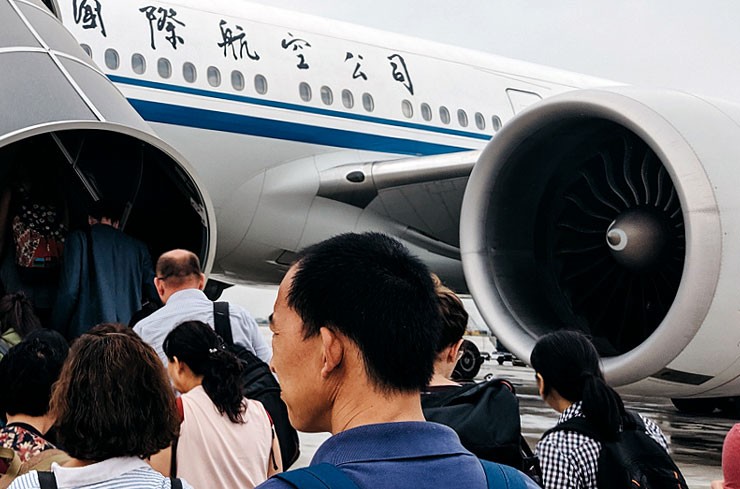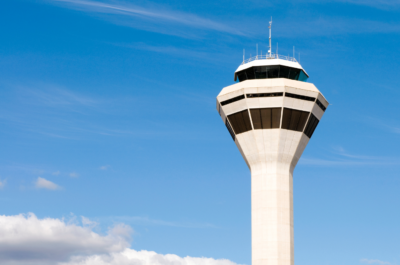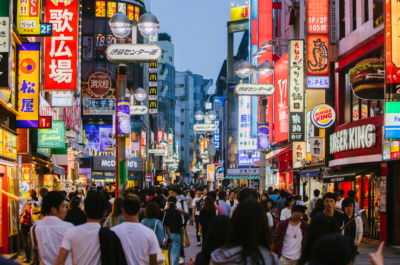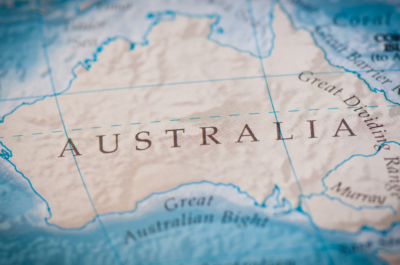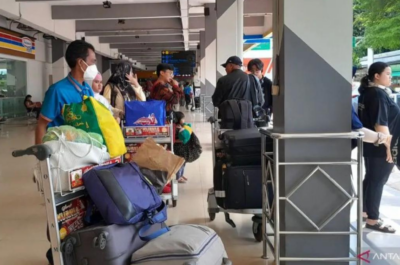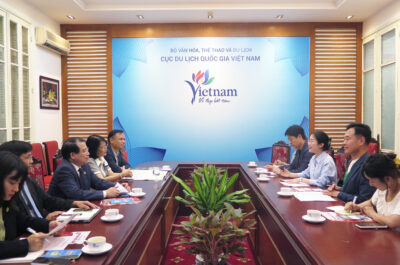Prior to the pandemic, China was Maldives’ biggest tourism market by numbers. In 2019, 284,000 Chinese tourists visited the country. Following the COVID-19 outbreak and China’s border closure, the number of Chinese tourists to Maldives in 2020 dropped to just 34,000. It has not recovered since.
MALE – A new report highlights the fallout of major international events over the past two years that have impacted Maldivian tourism. Released by the Baani Centre for International Policy, a new Maldives-based think tank, the report entitled “Impact of Non-Arrival of Chinese Tourists to Maldives” examines how Maldivian tourism responded to China’s decision during the pandemic to close its international border, which resulted in a dramatic collapse in Chinese tourists visiting Maldives.
Prior to the pandemic, China was Maldives’ biggest tourism market by numbers. In 2019, 284,000 Chinese tourists visited the country. Following the COVID-19 outbreak and China’s border closure, the number of Chinese tourists to Maldives in 2020 dropped to just 34,000. It has not recovered since.
Despite the collapse of its top market and the turmoil of the pandemic, Maldivian tourism managed to bounce back surprisingly strongly. A mix of government policies, such as the early re-opening the Maldives’ international border in July 2020, as well as an industrious flexibility on the part of resorts and guesthouses in tapping new markets, total arrivals in 2021 were 1,320,000 – almost the same number of tourists who visited in 2017.
Of particular help in 2021 was the Maldives-India travel bubble, which resulted in a boom in Indian tourists to the Maldives, many of whom were staying in Maldives for quarantine purposes before heading off to the United Arab Emirates. As a result of the travel bubble, India became the biggest tourism market in 2021, with 291,000 arrivals. Russian tourism to the Maldives also boomed in 2021 with 220,000 arrivals. New markets, such as Eastern Europe, including Ukraine, also saw strong growth.
By early 2022, the Maldivian tourism appeared to have weathered the pandemic storm and replaced the gaping hole left by no Chinese tourists with other nationalities.
Tourism and Chinese Foreign Policy
This has geo-political significances because China has repeatedly used the threat of turning off the tourism tap as a foreign policy tool to coerce other countries into supporting Chinese positions on various political issues. Prior to the pandemic, China prevented its tourists from visiting the Philippines (2014), South Korea (2017), Taiwan (2019) following political disputes with those governments, and threatened Australia with the same in 2021.
Interestingly, the report finds two examples, from President Nasheed’s administration, where Chinese officials appeared to threaten Maldivian diplomats with turning off the Chinese tourism tap. The two incidents were the Maldives’ acceptance to resettle Uyghur terrorists from Guantanamo Bay prison, and Maldivian criticism of China at the COP15 climate talks in Copenhagen in 2009. On both occasions, Maldivian diplomats at the embassy in Beijing were summoned to the Chinese foreign ministry, where Chinese officials pointedly noted that Chinese tourist arrivals to Maldives were better than ever. It is understood that the Maldivian diplomats took this as a warning that China might prevent Chinese citizens from visiting Maldives if Male’ continued to antagonise the Chinese government.
Impact of Russia-Ukraine war
Maldivian tourism struggled following the Russian invasion of Ukraine, however. The tourists used to make up for the lack of Chinese ones – Russians and, to a lesser extent, Ukrainians – were unable to travel to the Maldives, at least during the first and second quarters of 2022, though Russian tourism has rebounded since.
Despite the roiling impacts of international events, the report points to a surprisingly robust tourism sector, as well as responsive government policy, that has allowed Maldives to weather increasingly chopping geo-political waters over the past three years.
Vicky is the co-founder of TravelDailyNews Media Network where she is the Editor-in Chief. She is also responsible for the daily operation and the financial policy. She holds a Bachelor's degree in Tourism Business Administration from the Technical University of Athens and a Master in Business Administration (MBA) from the University of Wales. She has many years of both academic and industrial experience within the travel industry. She has written/edited numerous articles in various tourism magazines.













